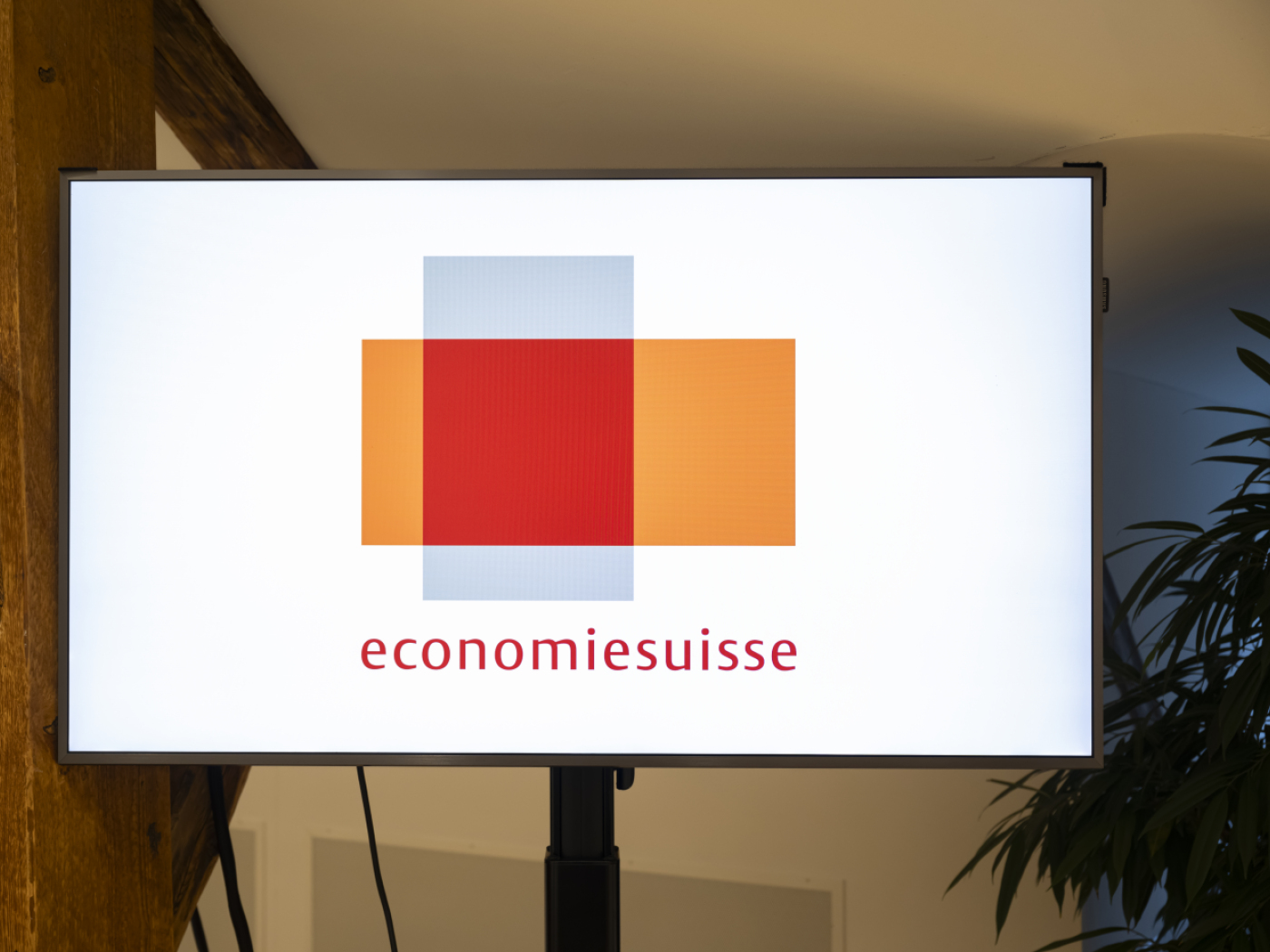
Switzerland mulls public-private model for transport projects

Economiesuisse executive board member Alexander Keberle calls for greater use of public-private partnerships to fund upgrades to the Swiss transport network.
In an interview with Tamedia’s German-language newspapers, Alexander Keberle says that possibilities already exist in Switzerland, notably via pension funds.
+Get the most important news from Switzerland in your inbox
“The state could work more closely with companies, both in terms of implementation and financing,” Keberle said in the interview published on Friday. Studies show that this approach would make it possible to better respect budgets and deadlines.
This type of partnership is not a miracle solution, but an option, Keberle points out. In Switzerland, for example, pension funds can invest up to 10% of their capital in infrastructure, or around CHF 130 billion. Banks and insurance companies could also be interested.
The proposed model is as follows: “the private sector provides infrastructure at a certain price and to predefined quality standards”. In return, it receives remuneration from the State. After a specified period, the concession ends and the infrastructure reverts to the State,” explains the Economics representative.
Support for the Weidmann report
Mr Keberle sees no contradiction between this proposal and Economiesuisse’s support for cost-cutting measures in public transport. The report published on Thursday by the Swiss Federal Institute of Technology (ETH) Zurich on Switzerland’s transport infrastructure, which he describes as a “necessary wake-up call” and a “much-needed exercise”, recommends concentrating efforts on key major projects.
The Weidmann report was commissioned by Transport Minister Albert Rösti following the public’s refusal to extend certain motorways and the additional costs expected for rail projects that had already been approved. It provides the Federal Council with a basis for setting priorities.
The report has been criticised in a number of areas, including the return of motorway projects and the comparatively low priority given to rail and peri-urban mobility projects.
Translated from French with DeepL/ds
We select the most relevant news for an international audience and use automatic translation tools to translate them into English. A journalist then reviews the translation for clarity and accuracy before publication.
Providing you with automatically translated news gives us the time to write more in-depth articles. The news stories we select have been written and carefully fact-checked by an external editorial team from news agencies such as Bloomberg or Keystone.
If you have any questions about how we work, write to us at english@swissinfo.ch.

In compliance with the JTI standards
More: SWI swissinfo.ch certified by the Journalism Trust Initiative





























You can find an overview of ongoing debates with our journalists here . Please join us!
If you want to start a conversation about a topic raised in this article or want to report factual errors, email us at english@swissinfo.ch.